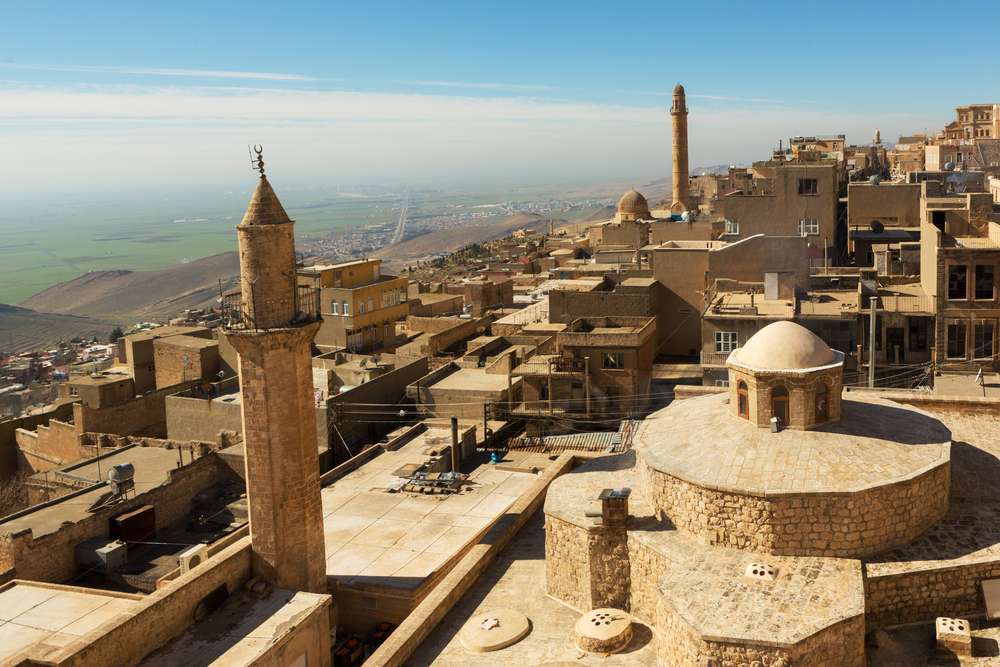Exploring Turkey’s Natural Beauty: A Guide to Eco-Tourism Adventures
Turkey, with its rich tapestry of landscapes and diverse ecosystems, is emerging as a prime destination for eco-tourism enthusiasts. As travelers seek experiences that promote sustainability and a deeper connection with nature, Turkey offers a treasure trove of natural beauty waiting to be explored. In this article, we will delve into the concept of eco-tourism in Turkey, highlighting the breathtaking natural wonders, sustainable practices, and immersive experiences that await eco-conscious adventurers.
Turkey’s Ecological Diversity
Turkey’s geographical location at the crossroads of Europe and Asia has blessed it with a remarkable diversity of ecosystems. From the lush greenery of the Black Sea region to the arid expanses of the Anatolian Plateau and the stunning Mediterranean and Aegean coastlines, Turkey boasts an array of natural environments, each with its unique flora and fauna. The country is also home to pristine lakes, serene wetlands, rugged mountains, and extensive cave systems. These diverse landscapes provide a wealth of opportunities for eco-tourists to immerse themselves in nature and engage in sustainable activities.
Sustainable Accommodations
Eco-tourism in Turkey is not just about exploring natural beauty; it’s also about promoting sustainable living. Many eco-friendly accommodations have sprung up across the country, offering a blend of comfort and environmentally conscious practices. These eco-lodges and boutique hotels are often built using sustainable materials, utilize renewable energy sources, and employ waste reduction strategies. Additionally, some accommodations offer organic and locally sourced meals, further reducing their environmental footprint. Staying in such establishments allows travelers to experience the harmony of modern comforts and eco-conscious living.
Exploring Turkey’s National Parks
Turkey is home to a network of national parks, each preserving a unique piece of the country’s natural heritage. These protected areas offer a chance to witness the untouched beauty of Turkey’s landscapes and wildlife. Here are a few noteworthy national parks:
Olympos Beydaglari National Park: Located on the Mediterranean coast, this park is renowned for its pristine beaches, crystal-clear waters, and ancient ruins.
Göreme National Park and the Rock Sites of Cappadocia: Famous for its surreal rock formations and underground cities, Cappadocia is a UNESCO World Heritage Site and a must-visit for eco-tourists.
Kazdağı National Park: Nestled in the foothills of the Kaz Mountains, this park offers serene forests, hiking trails, and the chance to witness local traditions in the surrounding villages.
Yedigöller National Park: Known as “Seven Lakes,” this park features a stunning collection of interconnected lakes amidst lush forests and is a paradise for birdwatchers.
Wildlife Encounters
Turkey is home to a variety of wildlife species, some of which are endangered or endemic to the region. Eco-tourists can embark on wildlife safaris and birdwatching expeditions to spot these remarkable creatures in their natural habitats. Some of the iconic wildlife species in Turkey include the Anatolian leopard, the Caucasian lynx, and numerous bird species like the endangered imperial eagle. Responsible tour operators ensure that wildlife encounters are conducted with minimal disruption to the animals and their environments, promoting ethical and sustainable tourism practices.
Adventure in the Great Outdoors
For those seeking an adrenaline rush, Turkey’s natural landscapes provide the perfect backdrop for outdoor adventures. From hiking and mountain biking in the Taurus Mountains to white-water rafting on the Köprülü Canyon, eco-tourists can engage in thrilling activities while respecting the environment. Exploring caves and underground rivers in places like Antalya’s Karain Cave offers a unique opportunity to marvel at the Earth’s natural wonders while adhering to sustainable exploration guidelines.
Promoting Sustainable Practices
Eco-tourism in Turkey goes beyond enjoying nature; it involves actively participating in conservation efforts. Many tour operators and organizations collaborate with local communities to promote sustainable practices and protect the environment. Travelers can get involved in tree-planting initiatives, wildlife monitoring, and beach clean-up programs. These hands-on experiences not only contribute to environmental preservation but also foster a deeper connection with the places visited.
Respecting Local Culture
Part of sustainable travel is respecting the culture and traditions of the local communities. In Turkey, eco-tourists have the opportunity to engage with indigenous cultures, learn about traditional crafts, and savor authentic local cuisine. These interactions contribute to the preservation of cultural heritage and provide economic support to local communities.
Conclusion
Eco-tourism in Turkey offers a unique opportunity to explore the country’s natural beauty while actively participating in sustainable practices. From the breathtaking landscapes to the diverse wildlife and rich cultural experiences, Turkey provides a holistic eco-tourism experience that leaves a positive impact on both travelers and the environment. By choosing eco-conscious travel options and engaging in responsible activities, you can not only enjoy the beauty of Turkey’s natural world but also contribute to its preservation for generations to come.
Read more: Turkey’s Economic Resilience: Why Investing in Turkey Makes Sense



